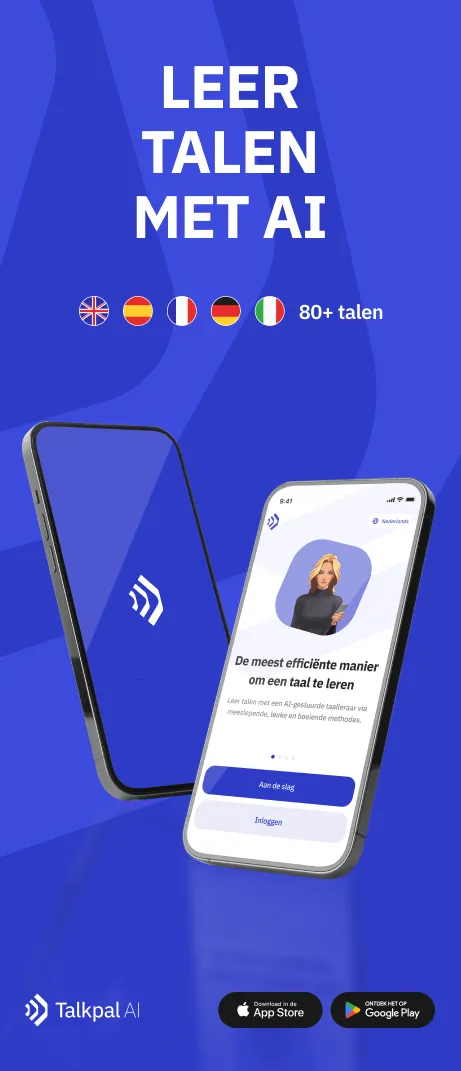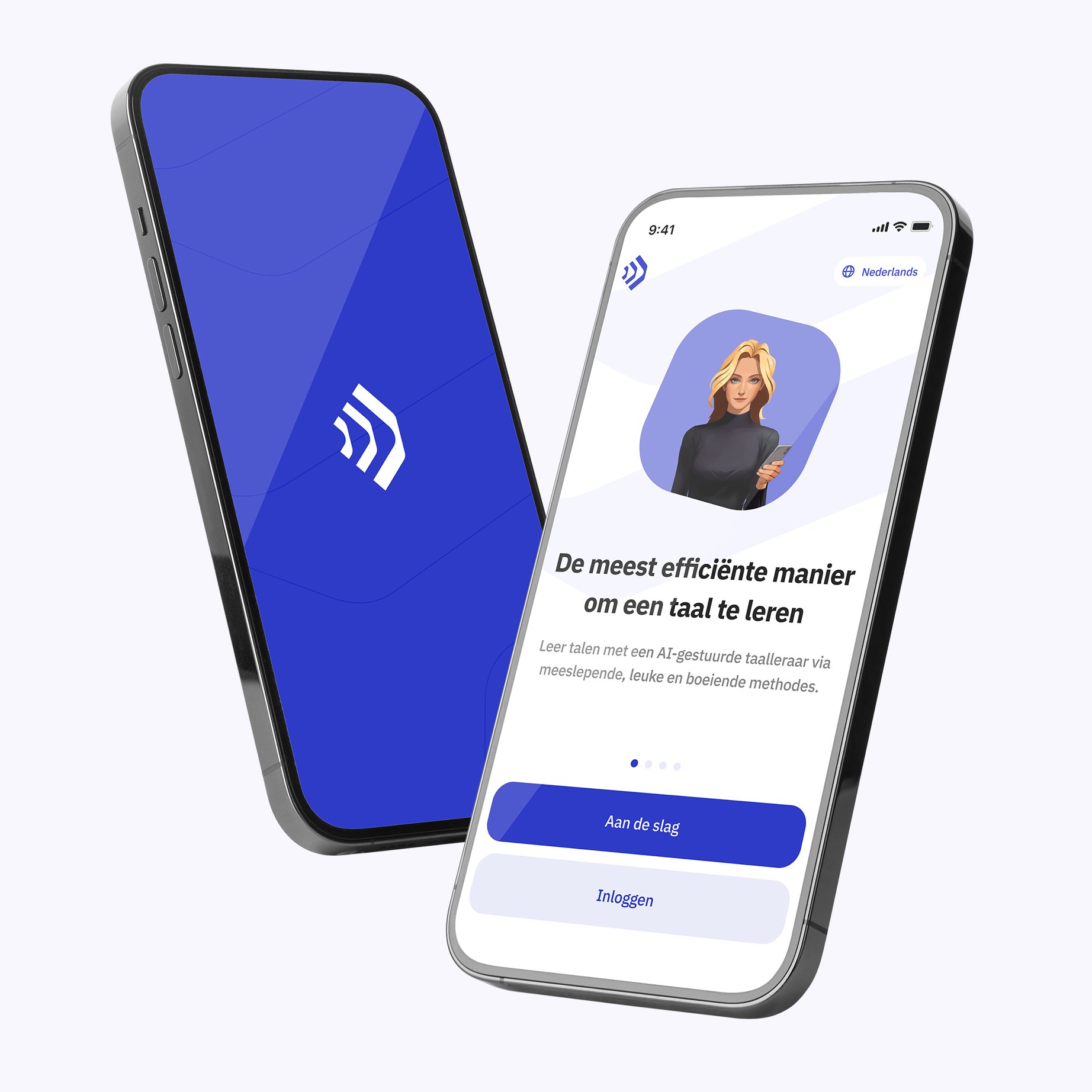Taalstudenten kunnen hun kennis testen en hun vaardigheden verbeteren met de volgende oefeningen. Elk voorbeeld bevat een zin met een weggelaten werkwoord waarbij de juiste tijd moet worden ingevuld. De oefeningen zijn bruikbaar voor diverse taalniveaus en stimuleren studenten om actief aan de slag te gaan met de Engelse taalstructuur. Laten we beginnen!
Exercise 1: Vul de juiste tijd in
Yesterday, I *went* (go) to the supermarket to buy some groceries.
She *has been* (be) in London since last week.
By next year, they *will have completed* (complete) the project.
Right now, she *is sitting* (sit) in the garden reading a book.
When I was a child, I *would* (will) visit my grandparents every Sunday.
Last month, they *were traveling* (travel) through Asia.
I think he *will win* (win) the championship because he is very hardworking.
We *had left* (leave) the party before you arrived.
He *does* (do) not understand the problem right now.
Every day, she *jogs* (jog) in the park early in the morning.
They *are going to* (go) start a new business next month.
I *used to* (use) play the piano when I was younger.
It *rains* (rain) a lot in the autumn here.
As a student, he *studied* (study) for hours every night.
She *had been working* (work) for that company for five years before she quit.
Exercise 2: Kies de correcte tijdsbepaling
Tomorrow, I *will be flying* (fly) to Spain for a holiday.
He always *brushes* (brush) his teeth before going to bed.
They *have visited* (visit) that museum three times this year.
Currently, they *are redecorating* (redecorate) their house.
I *did not see* (see) the sign when I entered the building.
When the teacher entered the room, the students *were writing* (write) an essay.
I *have never been* (be) to such a fantastic concert before!
Mary *will have finished* (finish) her homework by the time her friends arrive.
In the 1990s, people *did not have* (have) smartphones.
Every winter, we *go* (go) skiing in the mountains.
If you need help, I *will be* (be) there for you.
By the age of 25, he *had started* (start) his own business.
I’m not hungry because I *have already eaten* (eat) lunch.
Do you think you *will have* (have) enough time to finish the report?
The teacher *was explaining* (explain) the lesson when the bell rang.










